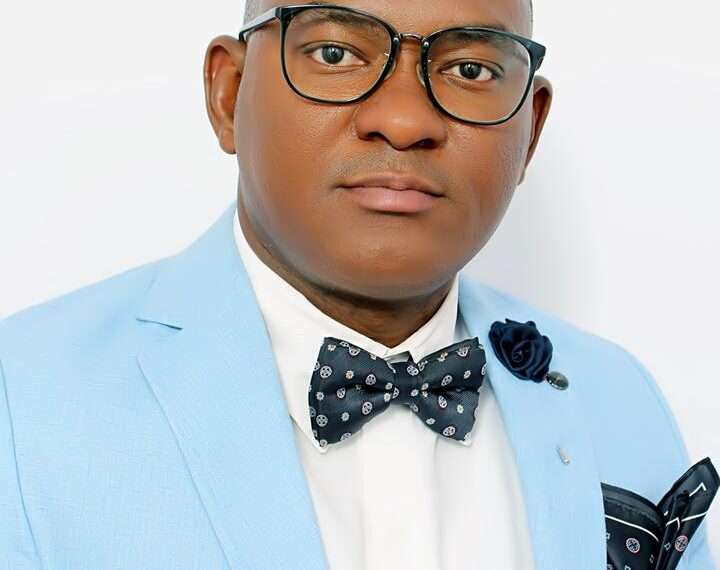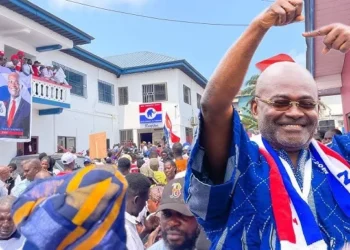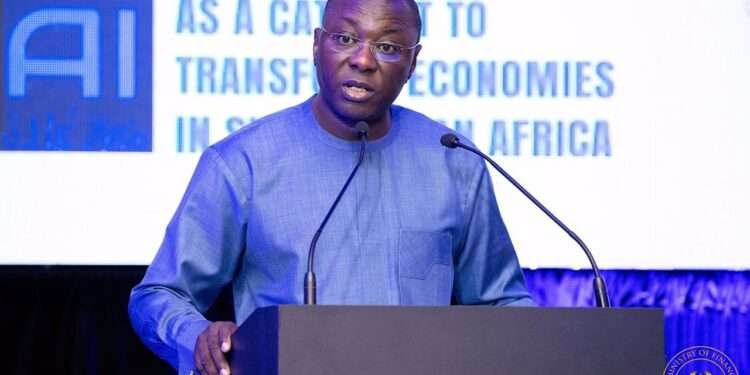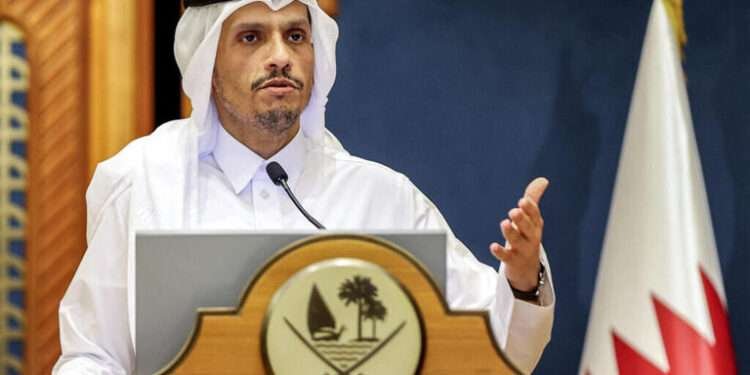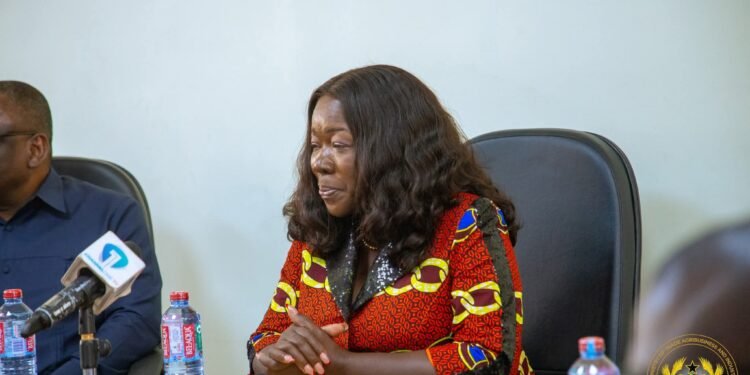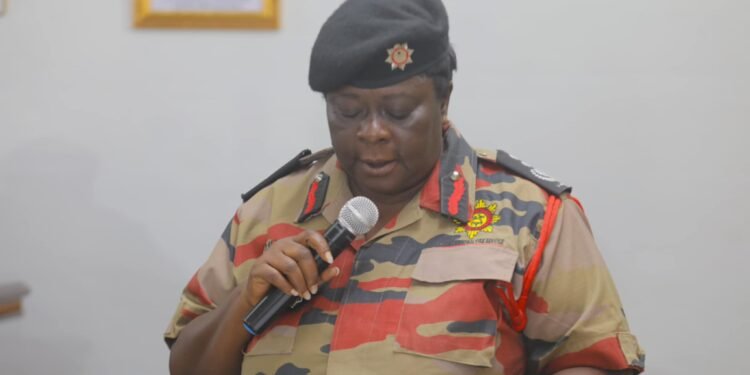Syria, still scarred by thirteen years of civil war and the harsh grip of Western sanctions, faces a new chapter under the leadership of Hayat Tahrir al-Sham (HTS).
With their rise to power, the administration is urging the West to lift the sanctions that have suffocated Syria’s economy.
Speaking with the Vaultz News, Dr. Victor Doke, an Analyst, discussed how the fall of Bashar al-Assad’s government has opened the door to economic shifts and why the new leadership is pushing for an end to the sanctions.
He stated that with the ouster of Bashar al-Assad’s government, it is expected that the new government that has taken over would lead some changes in the economic aspect.
According to him, the new administration’s call for the sanctions removal means that they have noticed that one of the things that made it easy for them to oust al-Assad was the lack of economic power under his regime.
“When you have the economic power, when trade is booming, when there’s inflow of incomes, then you can resuscitate your army, you can take care of your army, buy equipment, and all that. That didn’t happen. That made it easy for them to overthrow al-Assad.
“So now if they don’t lead negotiations for sanctions to be removed for them to have trade relationship with the other countries, they will be in the same dire situation that al-Assad was. The people may turn against them, or there could be another group that will come out and then overthrow them.”
Victor Doke
Also, he said that the call for sanctions relief signals a focus on revitalizing Syria’s broken economy.
Noting that sanctions limit a country’s inflow of finances and trade with other countries, he voiced that the new administration wants to rebuild some sort of relationship with world powers or trade institutions so that they can have some funds coming in, and then rebuild their country and that would ensure their stay in office. “So as quickly as possible, they are doing everything possible to enable the atmosphere for them to have that opportunity to trade with the world again,” he noted.
He suggested that for the sanctions to be lifted, the new administration has to ensure the fundamental human rights are respected and not curtailed.
When this is done, he said, it will serve as assurance from the leaders in Syria to the international community. “Now if they don’t do all these things, then you are sure to have sanctions still been implemented, or just that some will be lifted and some will not be lifted,” he added.
Comments On Dilemma Of Syrian Refugees
Commenting on the issue of some Syrian refugees torn between returning to the country and staying in the present countries, Dr. Doke asserted that there’s a humanitarian law that state that you can’t really force someone who is seeking refuge back into the country if they don’t want to.
Pointing to voluntary repatriation, he noted that if these Syrian refugees decide to return, then it means they are going back to help rebuild the country “because then you need you need a human resource to build a country.”
He added that there’s a lot of reasons why some people would not want to go back.
“Now those who don’t want to go back are unsure of what is gonna happen. They may be, you know, targeted because of their role in the past government, and then they will be seen as what enemies by the new government…uncertainty of whether the country is going to rebuild or there’s going to be another overthrow of this current government.
“So the uncertainty surrounding what is going to happen in Syria makes some refugees not want to go back. And trust me, they know the laws that as refugees, they can’t be forced to go back to their home country if they don’t want to.”
Victor Doke
He noted that a number of countries have been affected by the crisis in Syria. Aside refugees trooping to their countries, they have to ensure that the welfare of these refugees so there’s expenditure with regards to ensuring basic needs for these refugees. “That is why they have been affected and why they want to see the end of this crisis,” he averred.
“So the only thing to do now is to rebuild the country. That is why you see all these countries trying as much as possible for the sanctions to be lifted.
“When that happens, the economy will open up. There’ll be more jobs. There’ll be income, and people would be willing to come back. But as it is now, the international community cannot force the refugees to return to Syria. It is only obliged to assist them.”
Victor Doke
Additionally, Dr. Doke noted that most of the refugees have adapted to the style of living in their host countries. “So all these play out, and will be a determining factor for the refugees to return to their countries,” he added.
He opined that the international community can present options; voluntary repatriation or become a citizen of that host country, which some of the refugees take in at the end of the day.
He added that it saves a lot of funds because if the two options are taken, “we won’t have people with refugee status.” “Then the funds that have been coming to take care of the refugees will be channeled to another use,” he said.
Dr. Doke’s analysis not only addresses the immediate needs of refugees but also allows international resources to be better allocated, fostering long-term stability and development for both Syria and its neighboring nations.
READ ALSO: President Mahama Approves Key Appointments to the Office of the Vice President

